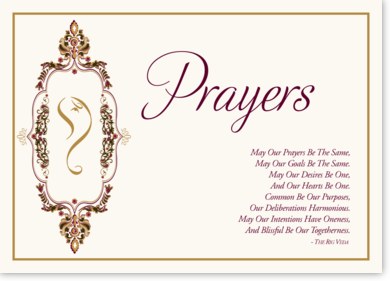

Rise up from hence, Vishwavasu… you seek another willing maid in her father’s house. This change is emphasized in the prayers addressed to Vishwavasu, one of the Gandharvas, and supposed to be the protector of virgins.

O Pushan, send her on as most auspicious, her who shall be he sharer of my pleasures her who shall twine her loving arms about me ad welcome all my love and mine embraces.Īfter the rituals were over, the bride left her father’s home for that of her husband. have given you to be my household’s mistress. Then the bridegroom took the hand of the bride in his own hand, probably in front of fire, with the words, I take thy hand in my hand for happy fortune that you may reach old age with me your husband. The ceremony took place at the bride’s house, and the decorated bride, with her companions came to the marriage pandal. We learn from it that the friends of the bridegroom came to the bride’s father with the proposal of the marriage, and evidently it is settled by him. The subject matter of the hymn is ‘suuryaa’, the daughter of the sun and a form of the dawn, who is regarded as the typical bride. Its interest, however, transcends the narrow bounds of India, as it is perhaps the oldest written document in the world which gives an ideal picture of the marriage system with all that it involves in a civilized society. The Samhita of the Rig Veda has fortunately preserved one particular hymn 10-85 which proves that not only the institution of marriage but also the ideals which characterised it in India in later days were deeply rooted in the minds of men.

MARRIAGE CEREMONY MANTRA IN RIG VEDA (Post N.7574)ĭate uploaded in London – 14 February 2020Ĭontact – are taken from various sources for spreading knowledge this is a non- commercial blog.


 0 kommentar(er)
0 kommentar(er)
